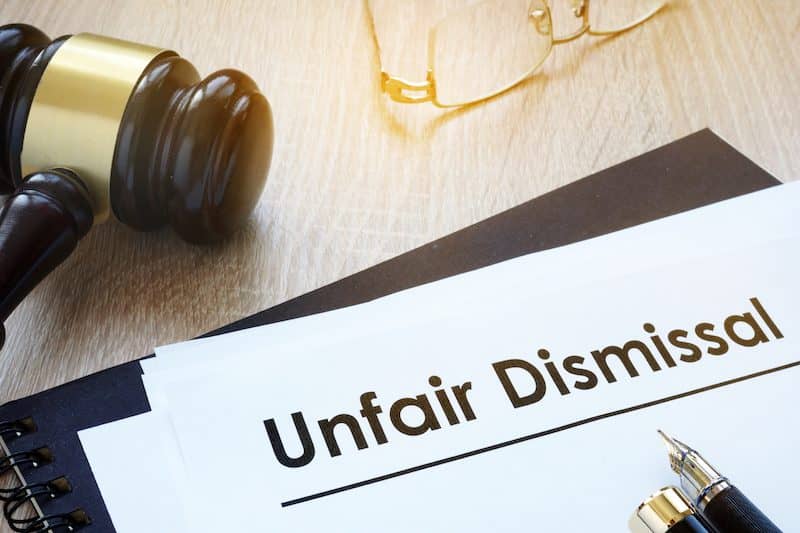An employee dismissed without notice will often claim both unfair and wrongful dismissal. These are two distinct claims. Unfair dismissal is concerned with the reasonableness of the employer’s decision to dismiss the employee. Wrongful dismissal is a contractual claim centred around whether the employer was entitled to dismiss the employee without giving the full contractual notice required. That in turn depends on whether or not the employee was actually guilty of gross misconduct. An employer might reasonably believe that the employee committed gross misconduct and successfully defend the unfair dismissal claim, but lose on the issue of wrongful dismissal because the Tribunal believes in the employee’s innocence. In such a case the employee would be entitled to damages covering the notice that should have been given.
Tribunals still struggle sometimes with the distinction. In East Coast Mainline Company Ltd v Cameron the employee was a shunter in a train depot. He was dismissed when he allowed a goods train to move off while the driver of another train was out of his cabin. The driver was ‘brushed’ by the goods train and could easily have been killed.
At the first hearing the Tribunal found that the dismissal was fair because the employer had reasonably concluded that the employee was guilty of gross misconduct – and dismissed the wrongful dismissal claim on the same basis. The EAT sent that issue back so that the Tribunal could determine whether the employee was guilty of gross misconduct. When the case was re-heard the Tribunal upheld the wrongful dismissal claim. The conduct in question was not deliberate and was a one-off incident of carelessness. Taking into account the employee’s length of service (more than 30 years) what he had done did not amount to gross misconduct.
A second appeal to the EAT led to this finding being overturned. Length of service was not a legally relevant question in a wrongful dismissal claim. What mattered was the seriousness of the conduct itself, not whether it was reasonable to dismiss. A single act of carelessness could amount to gross misconduct if the lapse was serious enough – and it was certainly so in this case where it had very nearly led to a loss of life. Rather than send the matter back to be considered for a third time, the EAT simply held that the wrongful dismissal claim should fail.
Find out how we can help. Our partner, Jon Dunkley, heads the Wollens specialist Employment Department. Contact him today for an informal chat, without obligation on 01271 342268 or via email at [email protected].
Employment Law topics this month :
Transfer of Undertakings – changing contracts



